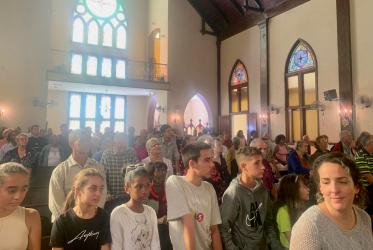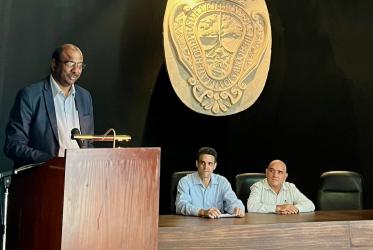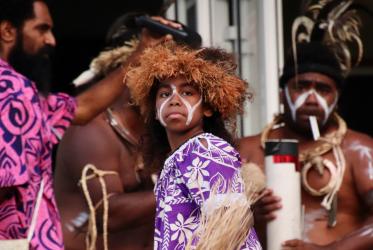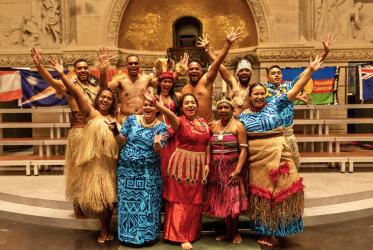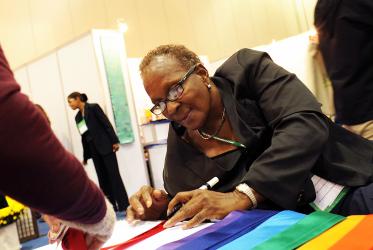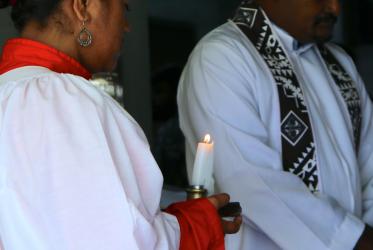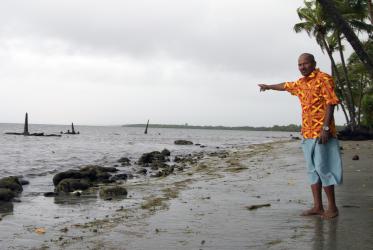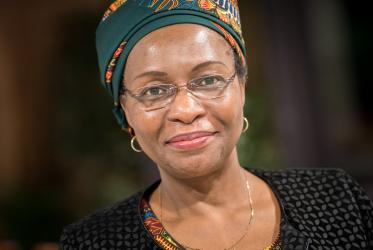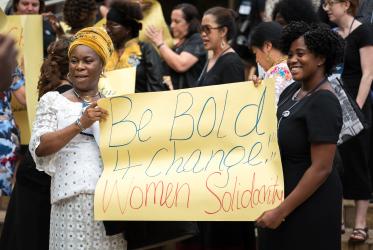Displaying 1 - 20 of 27
Pacific Conference of Churches prepares for 12th General Assembly
15 November 2023
Caribbean churches make clarion call for reconciliation
21 February 2022
In pictures: Week of Prayer for Christian Unity
01 February 2021
In a COVID-stricken world, “everyone is important”
23 October 2020
Linette Vassel: “We need to examine power more deeply as women”
03 October 2018
Diakonia: “a tool to reach abundance of life”
24 July 2018
An advocate for family values, called by God
26 March 2018
